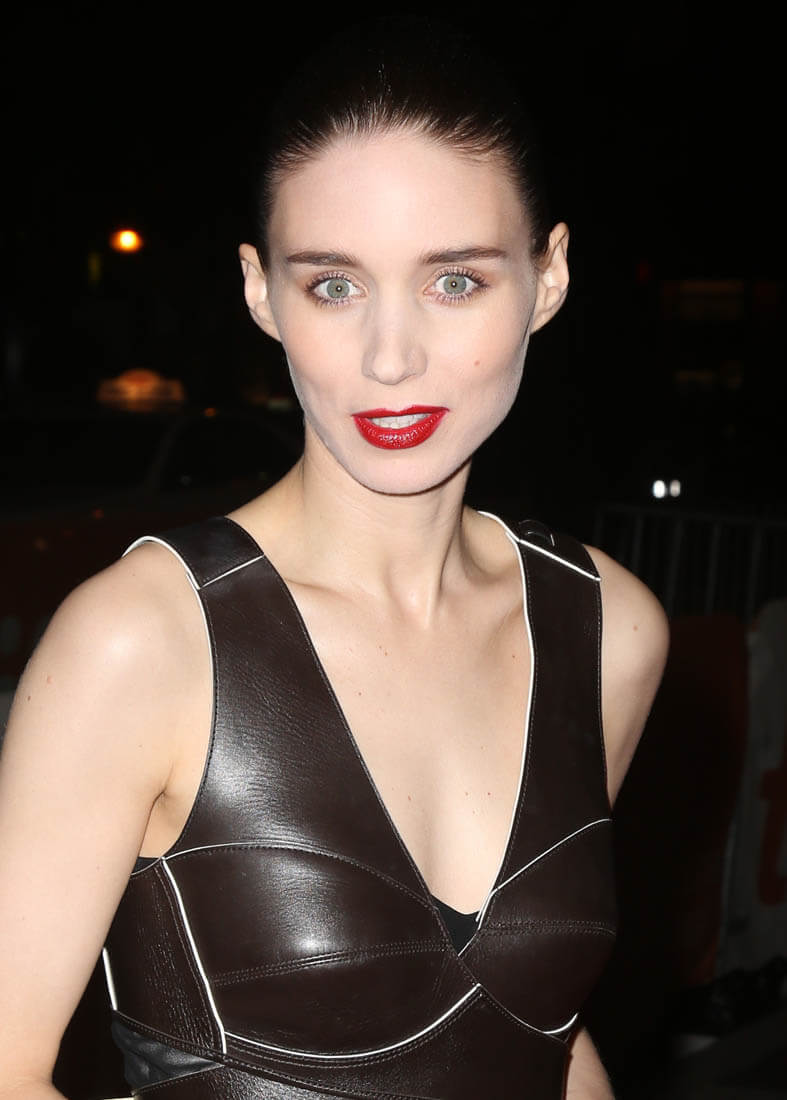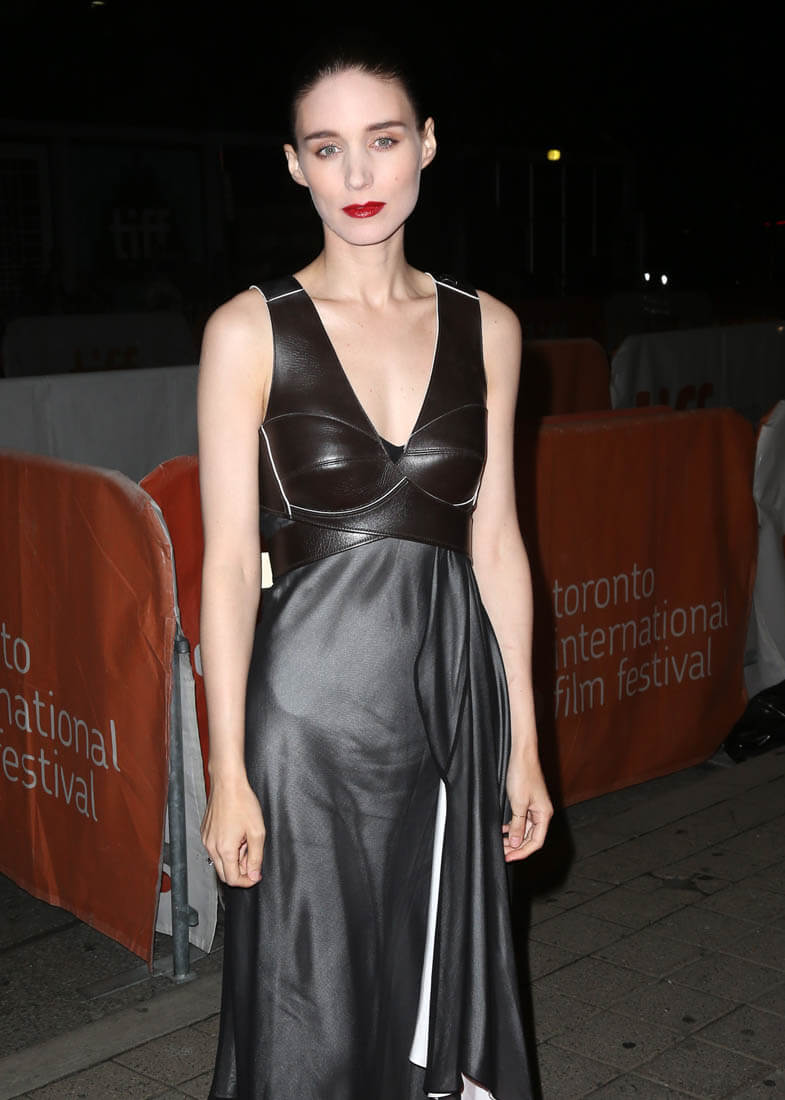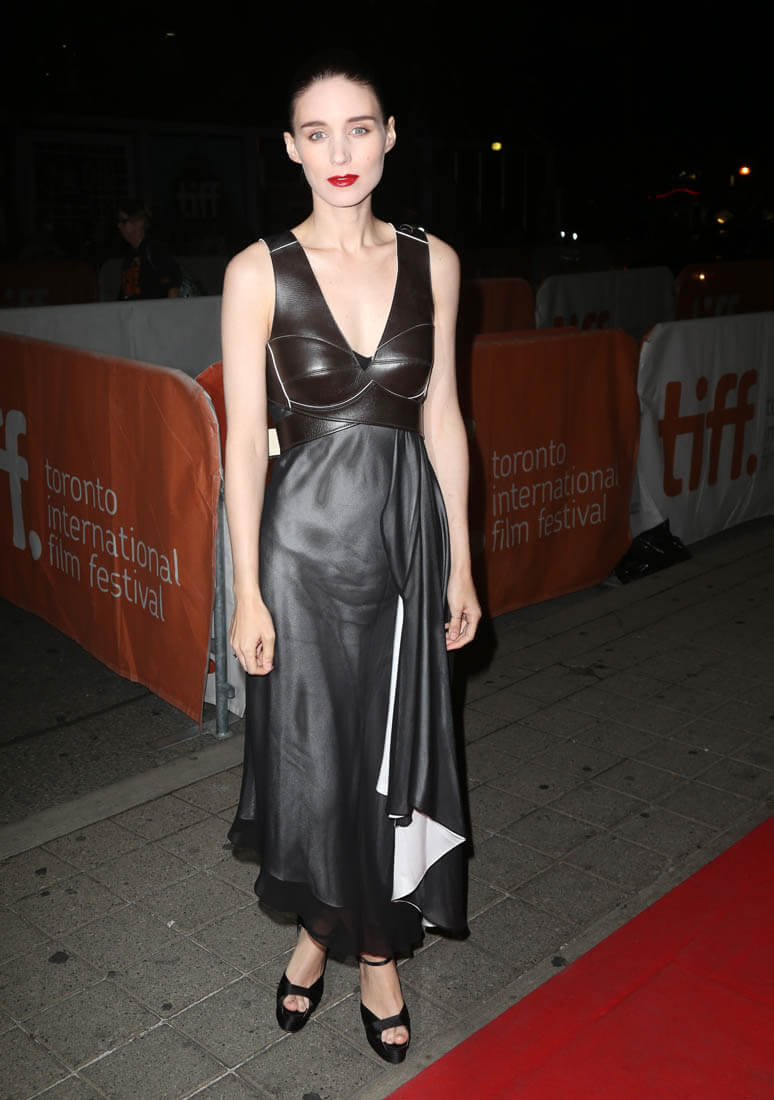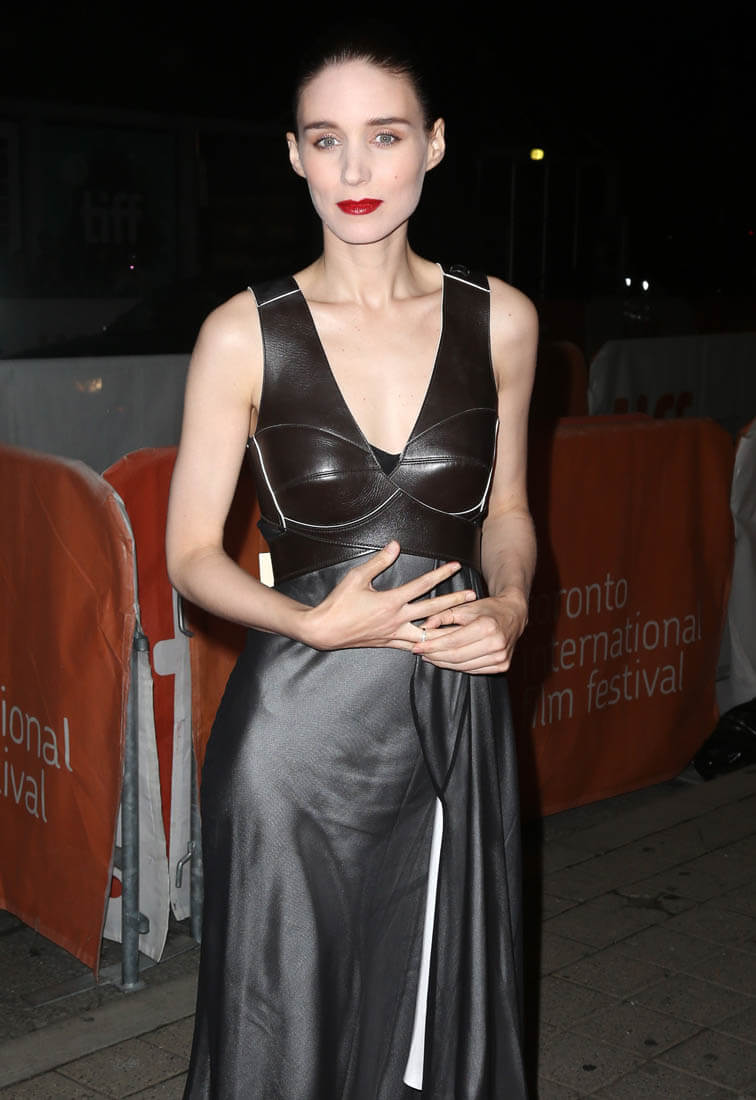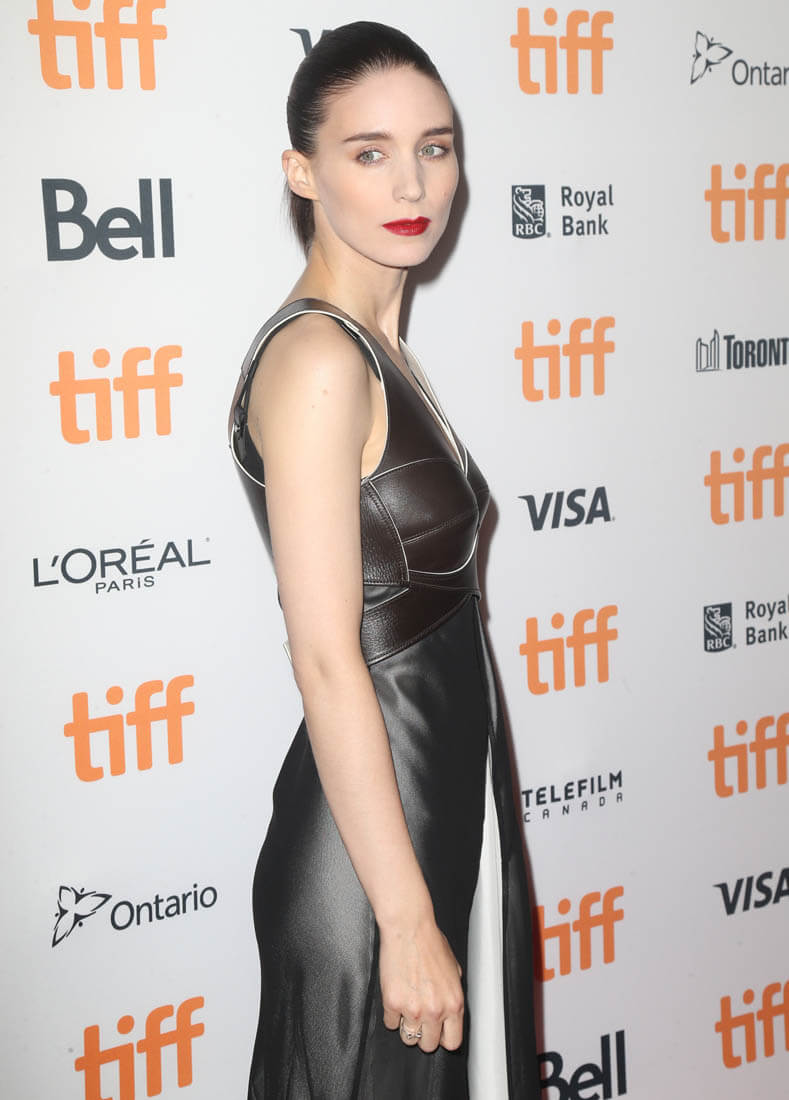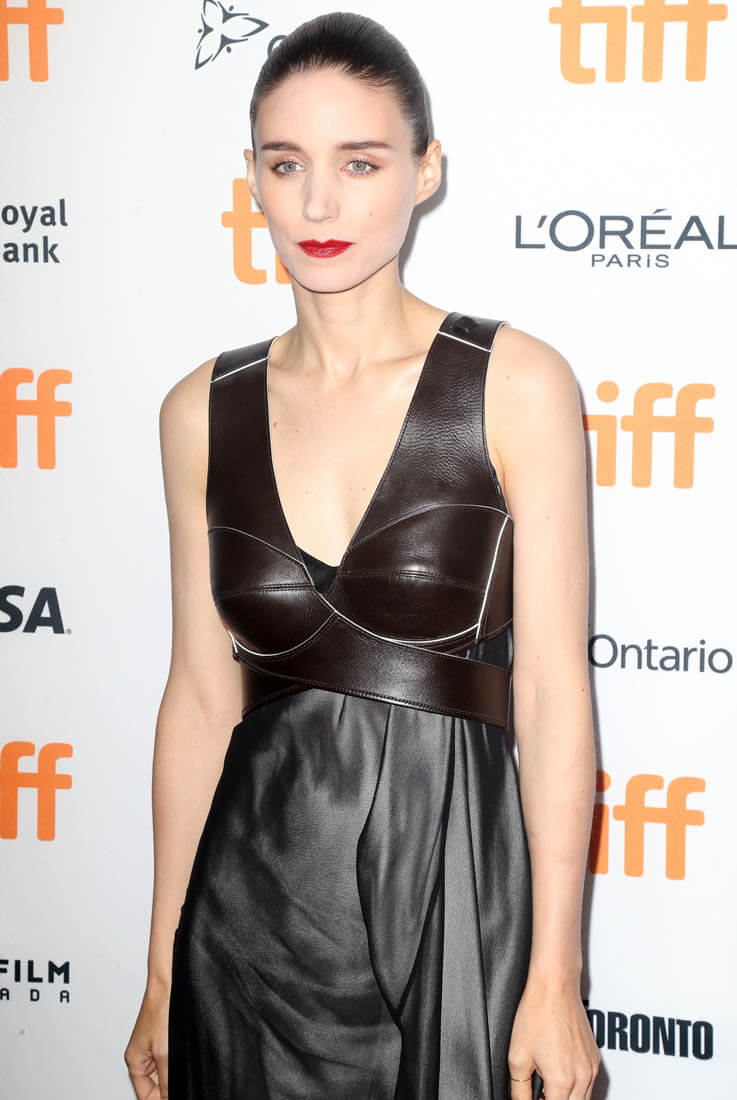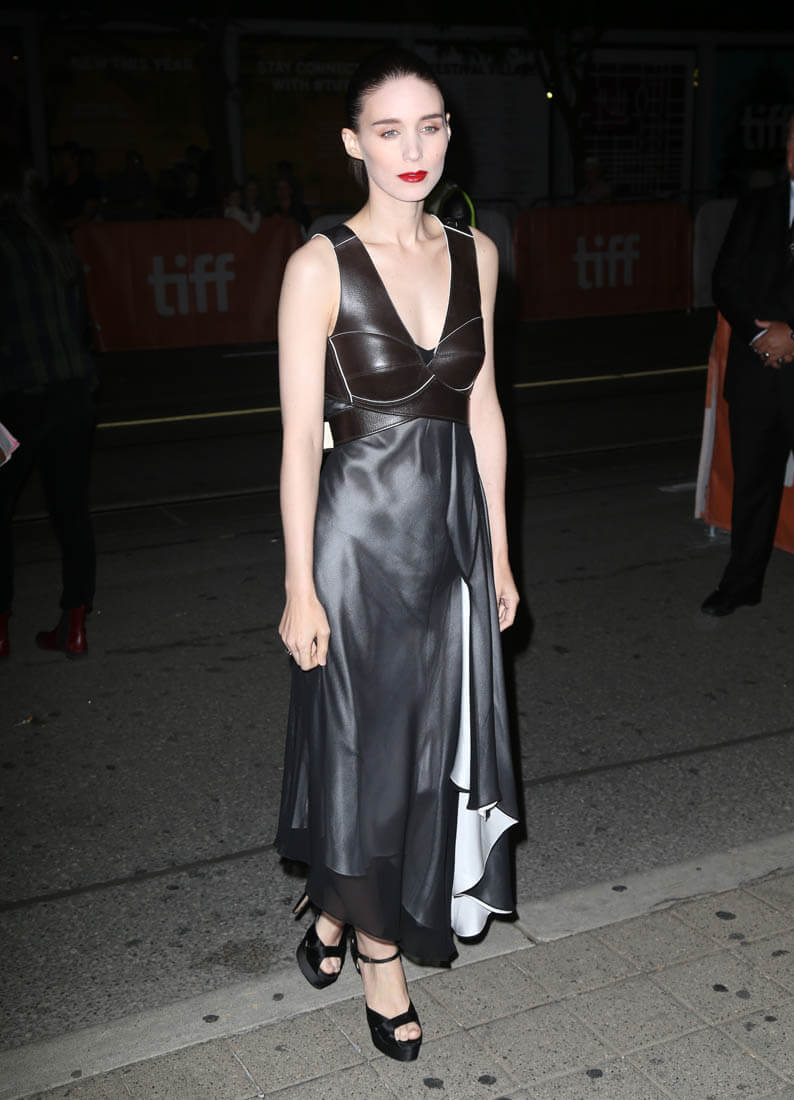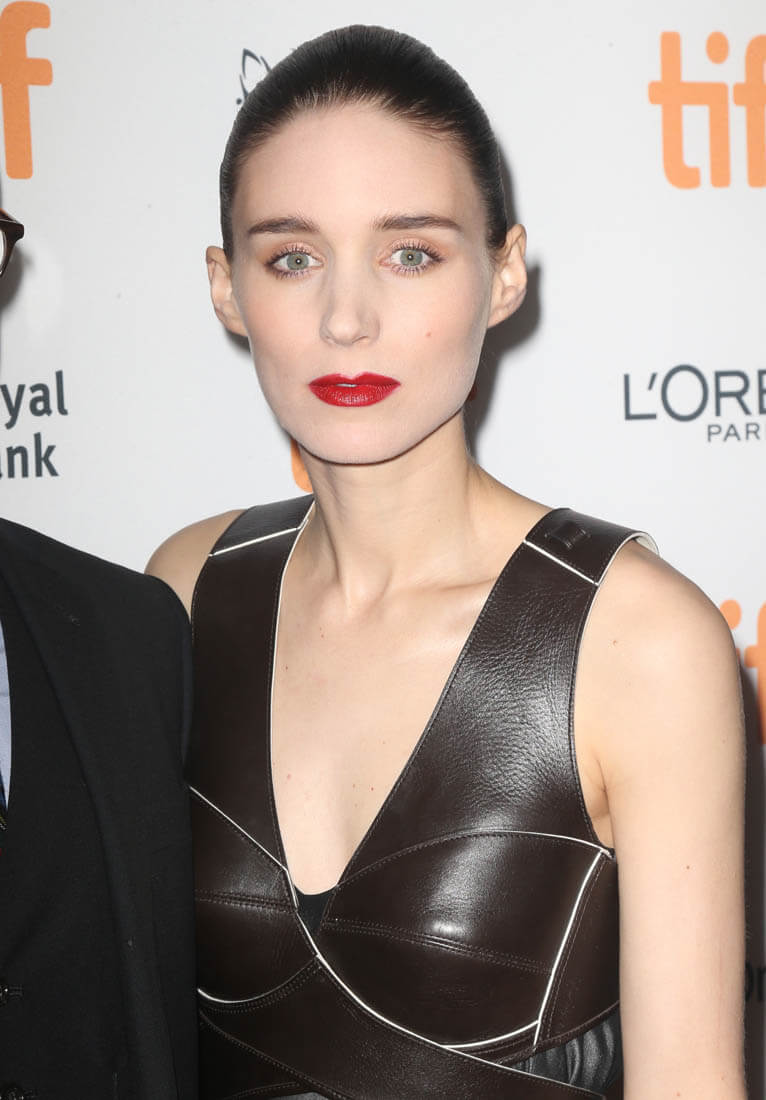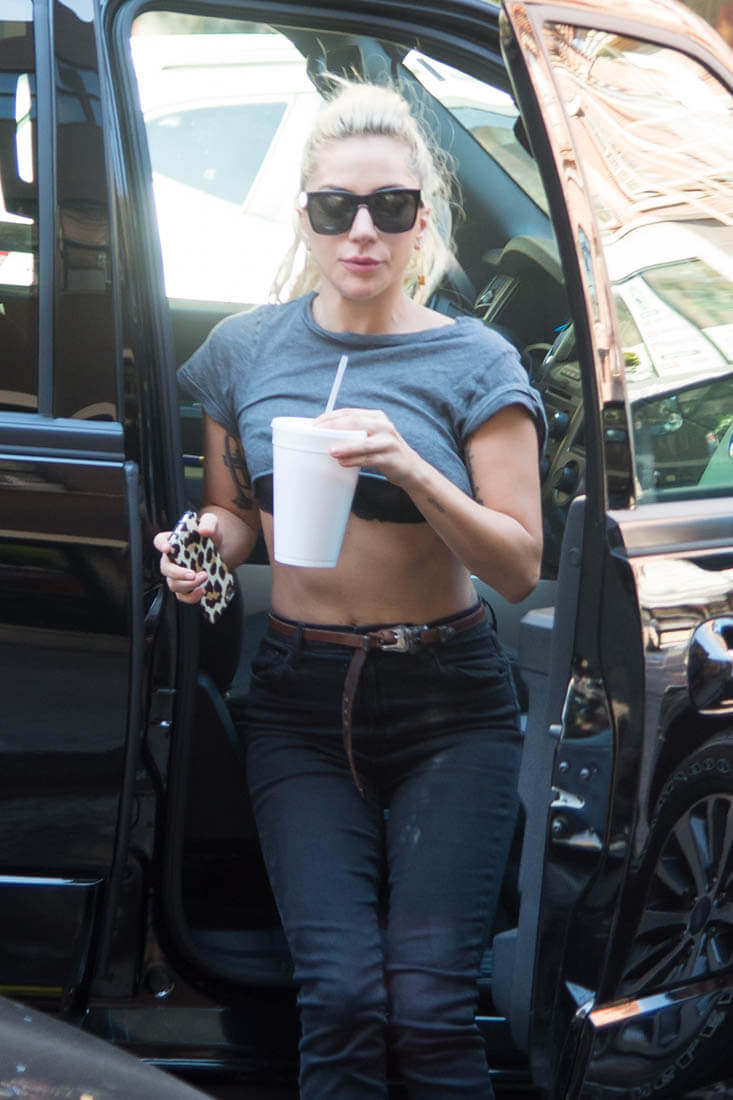Rooney Mara in Una



While standing in line for Una, the film adaptation of David Harrower’s play Blackbird, earlier this week, one of the PR reps for the film told me she had already noticed an audience divide forming around it—men almost uniformly hated it, but women were moved by it. Then, during the screening, the man sitting next to me audibly scoffed and said, “This is ridiculous, no real rape victim would act like that.” And finally, while I was working on this very review, Lainey emailed me an article by Todd VanDerWerff, comparing Una with Elle, both movies about rape survivors which are made by men, and both which have, in VanDerWerff’s estimation, some issues that perhaps can be laid at the doors of their male directors.
Una is a heavy film, one that is hard to watch and even more difficult to process. Adapted by Harrower and directed by theater director Benedict Andrews, it stars Rooney Mara as Una, who was raped by her neighbor when she was thirteen. Fifteen years later, Una tracks down her rapist and confronts him, and what follows is a tense, powerful examination of the far-reaching effects of sexual abuse. It isn’t an easy film and it raises more questions than it answers, and yes, it is deliberately provoking.
I can’t speak to Elle because I haven’t seen it, but I don’t agree with VanDerWerff’s specific points about Una, which maybe points to that gender gap the PR rep was talking about. For instance, the flashbacks which VanDerWerff calls “romantic, erotic” do have an overt Lolita vibe—intentional, no doubt—as young Una goes to speak to her neighbor, Ray (Ben Mendelsohn), with her shirt tied up, baring her midriff, but they are deeply unsettling scenes.
Ray uses Una’s naiveté against her, and it’s clear from the outset that instead of rebuffing a child’s foolish attempt to seem seductive, Ray is going to take advantage. The combination of Una’s burgeoning femininity and the danger represented by Ray is strangely fascinating—Una is hypnotized, staring into the eyes of a cobra. But the very image of young Una standing before middle-aged Ray is inherently loathsome and these scenes strike sour notes. What should be Una’s first innocent crush is instead a nightmare that derails her life.
Would these scenes be different if directed by a woman? Of course. They’d be different no matter who directed them. But as directed by Andrews, they’re troubling because they reflect Ray’s perspective of Una as an object of desire, yet we can’t help but see the child that she is. “You wanted to be treated like an adult,” Ray says in the present. “That’s what children say,” Una wails furiously, and this is the crux of the film. Ray rationalizes his past behavior, but reality is inescapable.
And I’m not sure if Una is asking us to sympathize with Ray, so much as it asks what the punishment for rape should be. He spent four years in jail, and refers to the degradations he was subjected to there, but after a name change and relocation, Ray has started over. He has a good job, a family, a lot of friends. Meanwhile, Una is still not over her trauma, her life hijacked by what Ray did when she was thirteen. Four years in prison doesn’t seem like nearly enough, and Una clearly agrees.
Which ties into the issue of Ray and Una scurrying around Ray’s workplace, hiding from people searching for Ray. I didn’t read this as making the narrative about Ray so much as 1) Andrews trying to solve the visual boredom of two people talking in a room, and 2) a metaphor for the past, by way of Una, catching up to him. Ray has tried to outrun what he did but he can’t—Una shows up and his life comes crashing down. Is this, then, justice?
If anything, Andrews’ Una is directly confrontational toward men. Ray is a white man of a certain age, a family man, a boss, a convict who did his time. There are plenty of “outs” to give him if you’re so inclined, from “she wanted it”, to Una’s promiscuity, to “he did his time”, but as each rationalization is presented, there is Una, a relentless fury seeking justice for herself, confronting Ray with the reality of what he did. Una posits that there is no rationalization for rape, and perhaps not even any possible atonement.
(Warning - the ad that runs before the video is audible and auto-play by default - turn down your speakers)


